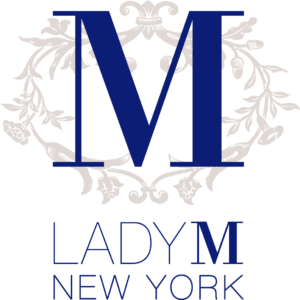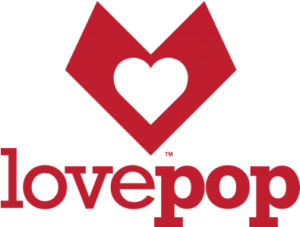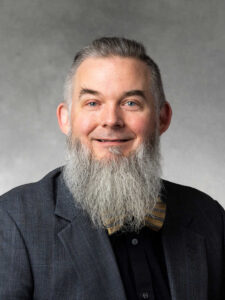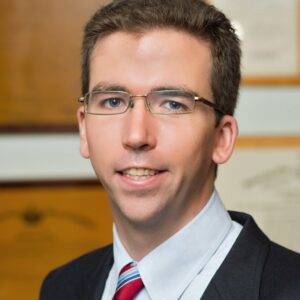Niagara University Hughes Endowed Lectureship Discusses Inequity and Systemic Racism in the Healthcare System
Dr. Kenyani Davis, chief medical officer of the Community Health Center of Buffalo, Inc., was the featured speaker in the second installment of Niagara University’s October Speaker Series on Oct. 12, 2022, in Dunleavy Hall. Her presentation, “Servant Community Medicine: A Journey of Trust, Resiliency, and Renewal,” took a close look into the inequity and systemic racism in the healthcare system during the pandemic, and CHCB, Inc.’s efforts to provide continuous care to underserved patients of color facing this issue. This presentation was sponsored by the Niagara University Hughes Endowed Lectureship in the Health Sciences.

According to Dr. Davis, health inequity can be defined as differences in health that are not only unnecessary and avoidable, but are considered unfair and unjust. Health inequity is believed to be rooted in social injustices that make some population groups more vulnerable to poor health than other groups. For example, African American women are more likely to have a chromosomal age that is 7.5 years older than white women of the same chronological age.
Dr. Davis also discussed Social Determinants of Health, nonmedical factors like social, physical, and behavioral issues that determine 80% of a person’s health. She emphasized that, in the context of SDOH, race could be viewed as a determinant of health on a system level; therefore, systematic racism had great impact on health. She cited a report on maternal mortality recorded that African American women were three to four times more likely to die during childbirth or from complications than their counterparts due to implicit bias, inadequate care after birth, and lack of vigilant care.
To illustrate how SDOH impacted Niagara County, Dr. Davis provided some highlighted statistics regarding major health disparities among African Americans living in “The Box”: zip code 14305, which is located in Niagara Falls, N.Y. For example, that zip code has the highest percentage of African Americans with asthma (16.31%) and with diseases of the heart (19.11%).
As a doctor who has developed a great concern for her patients and the community in the face of health inequity and systemic racism, she found the need for CHCB to extend its support to more locations, including Niagara Falls, so that people who lacked proper healthcare could have easier access to the decent health service they deserve.
“It’s about how we change the neighborhood, how we employ the community, how we clean up what surrounds us. Your job is to take care of the whole person and the whole community,” Dr. Davis said as she introduced CHCB’s new facility in Niagara Falls, the Community Health Center of Niagara Falls. “When you serve the community, it is done humbly, it is done respectfully, and it is done in collaboration with the community.”
Community Health Center of Buffalo, Inc., is known as a Federally Qualified Health Center that serves over 20,000 patients annually in Erie and Niagara counties. Working at CHCB, Dr. Davis provides quality medical care to her patients and leads clinical operations for CHCB, Inc.’s Buffalo, Cheektowaga, Lockport, and Niagara Falls healthcare facilities. Most recently, Dr. Davis was named a 2020 40 Under 40 honoree by Buffalo Business First for her several wonderful accomplishments and her heavy involvement in community activities.
The Niagara University Hughes Endowed Lectureship in the Health Sciences was established with an endowment created by the late Dr. John Hughes, an accomplished radiologist who graduated from Niagara University in 1967. The lectureship recognizes individuals who have made outstanding contributions to the health sciences or to healthcare and provides an academic forum to address topics of importance in contemporary healthcare.




